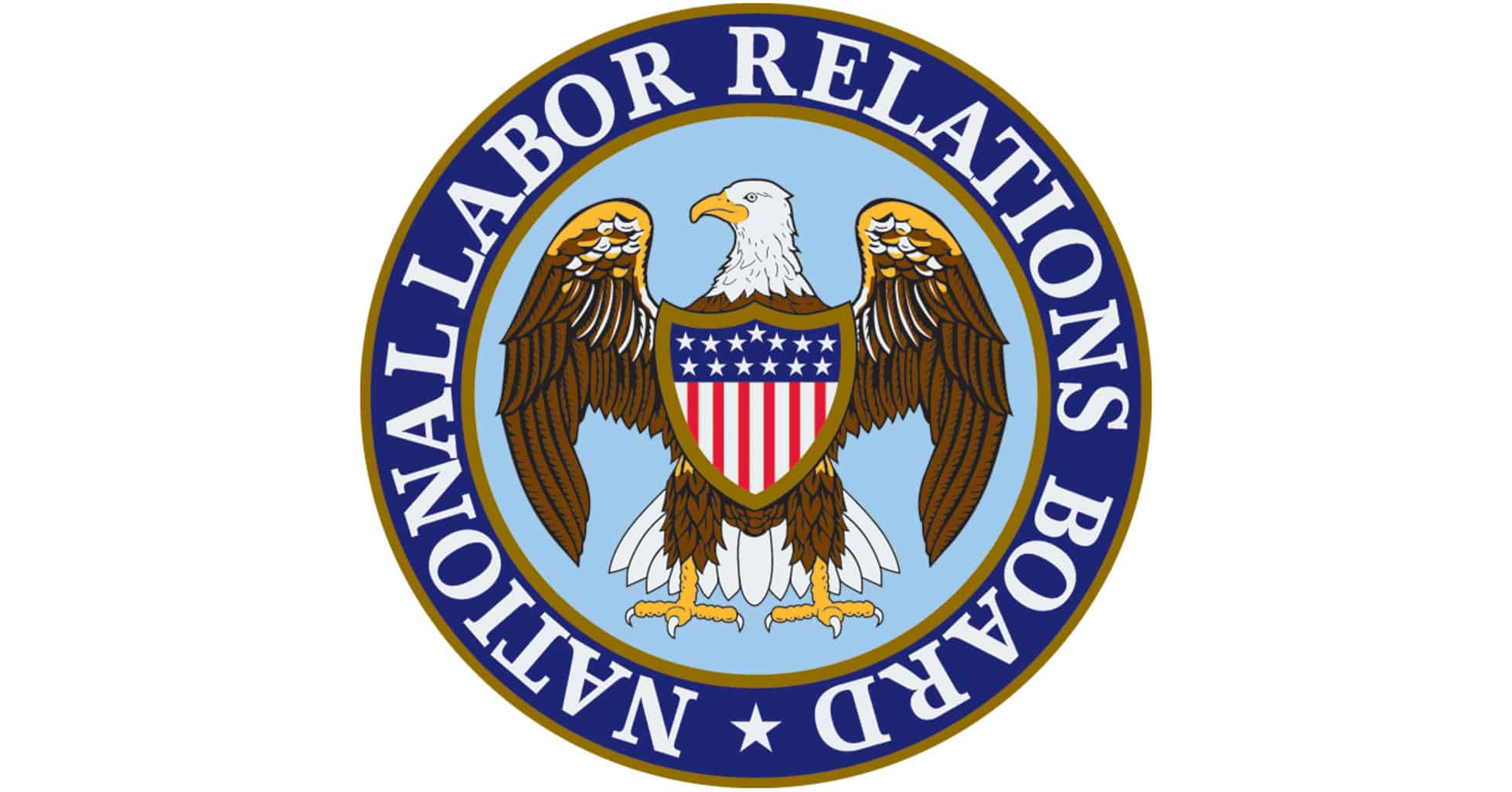Job-Killing Joint Employer Standard Returns

 The Obama-era National Labor Relations Board’s joint employer standard is like a bad penny, it seems to keep turning up.
The Obama-era National Labor Relations Board’s joint employer standard is like a bad penny, it seems to keep turning up.
In an abrupt and unexpected move, on February 26th, the NLRB vacated its December 2017 decision in Hy-Brand, which restored longstanding Board precedent relating to joint employer liability. The decision to vacate means the law reverts to an Obama-era Browning-Ferris joint employer standard that is overly-broad, vague, and creates immense uncertainty among the regulated community.
The ill-conceived Obama joint employer standard is a threat to entrepreneurs and workers nationwide. It will force large businesses to reconsider contracting with small businesses—the main drivers of job growth—and bring non-core functions back in-house, which creates inefficiencies. Workers are also directly caught in the joint employer’s crosshairs, research from the American Action Forum estimates that the Obama NLRB joint employer standard could result in 1.7 million fewer jobs in the private-sector.
The NLRB was pressured into vacating the Hy-Brand decision because of a questionable Inspector General report. The IG report claims that NLRB member William Emanuel should not have cast a vote in the decision because of a conflict of interest. Emanuel previously worked at Littler Mendelson, the law firm that represented Browning-Ferris in its joint employer dispute. The IG alleges Emanuel should have recused himself from participating in the Hy-Brand decision because of his former firm’s work on the Browning-Ferris case.
Yet, it seems that these sort of conflict of interest complaints only apply to management-side attorneys who serve on the NLRB. In an excellent post, Raymond LaJeunesse, Legal Director at the National Right to Work Legal Defense Foundation, provides an example where former union lawyer and NLRB member Craig Becker was permitted to rule on a case that involved his past union employer.
As reported by the Washington Free Beacon, the IG’s argument is suspect on a number of other fronts:
Roger King, senior labor counsel at the Human Resources Policy Association, said the inspector general’s memo departs from longstanding precedent regarding recusals to the point of being “severely deficient factually and legally” and “defied logic and sense.” The Hy-Brand case may have dealt with the same joint-employer issue as the Obama board’s Browning Ferris decision, but the similarities stopped there; the case featured different law firms, different companies, and different facts, according to King.
Further, this is attack on agency expertise. If this novel conflict of interest standard is going to be applied from now on, and affect both union and management-side attorneys evenly, then the NLRB will grind to a screeching halt because most members have experience practicing before the NLRB. If any tenuous link calls for a Board member to recuse themselves from a case, there will not be many rulings in the future.
Whether the IG’s claims are legitimate or not, this puts is even greater pressure on the Senate to pass the Save Local Business Act, which would cement the traditional joint employer standard in law.